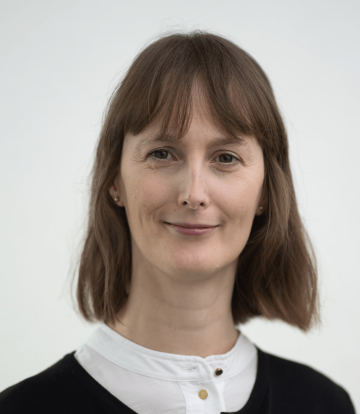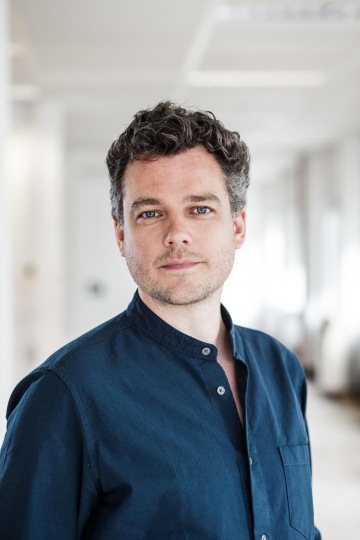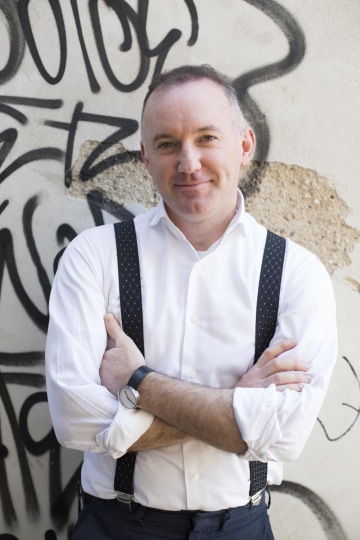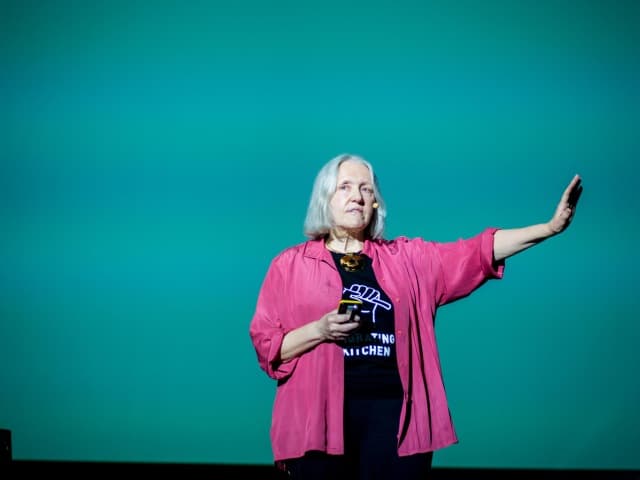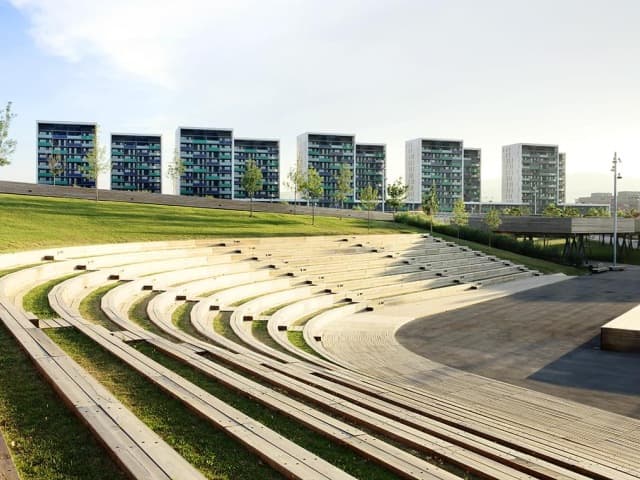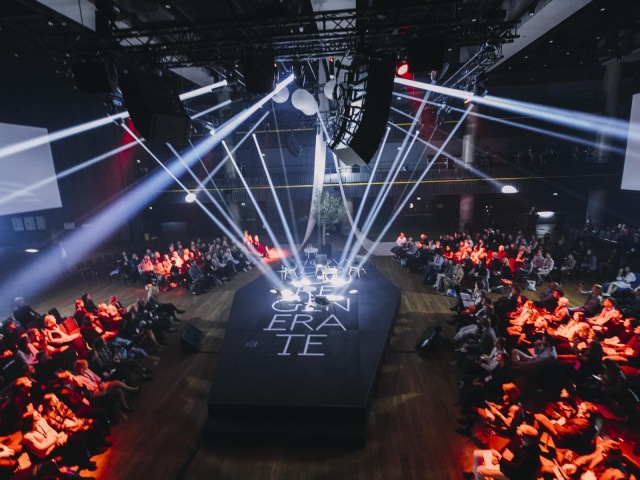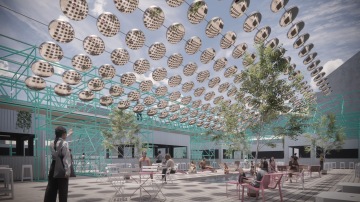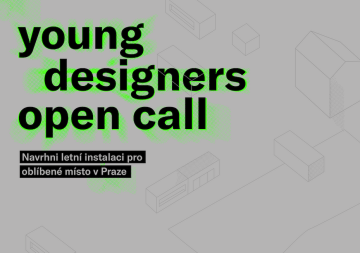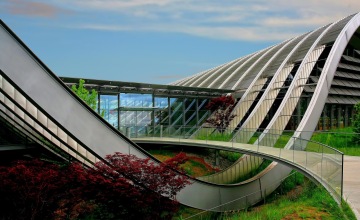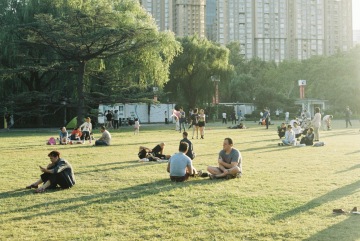My City / Your City: City of 2050
An Evening Salon powered by reSITE
reSITE Salon, Prague
March 4th, 2020
Limited capacity, registration required.
The good things we build end up building us.
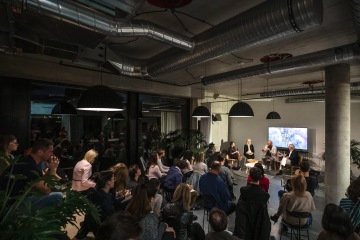
The next reSITE Salon: City of 2050 will bring together people focused on finding solutions to enact positive future developments today.
While accommodating the growing population, cities need to lead in addressing many global challenges of the 21st century, including resource scarcity, climate change, ageing population and rising socio-economic inequalities. Can urban design, architecture and strategic planning for transport and sustainability aid in solving these issues? What other questions will we tackle?
- Instead of investing in maintaining the past, how can we systematically develop a city of 2050?
- What are our priorities and where should we focus first?
-
Which city is implementing a comprehensive approach to citymaking, that includes densification, public areas redevelopment, water plans and focus on circular economy?
-
Can a cultural artifact foster connections between citizens and authorities and mobilize them to act together?
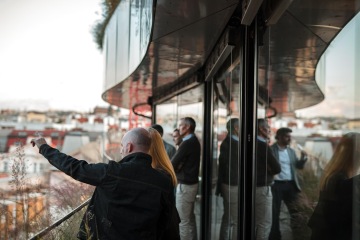
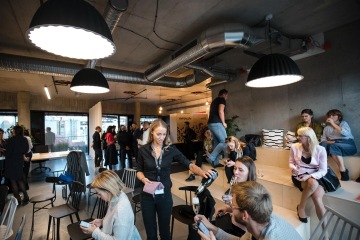
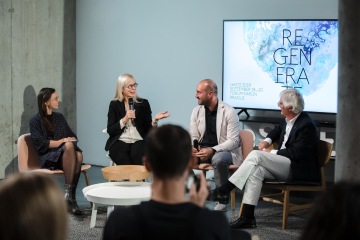
1
Evening
4
Experts
70
Guests
#reSITEsalon
reSITE salon is back and ready to explore one of the most pertinent urbanist questions of our time. Come for the talks and the drinks, stay for the intimate setting, networking opportunities and inspiration.
Event Program
Speakers
Venue
reSITE Office, DRN
Národní 135/14
Entrance D - 6th Floor
110 00 Prague-Staré Město
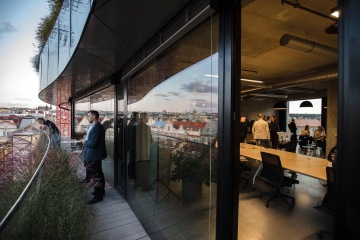
Walking or bike
Public transport
Driving
the reSITE office at DRN is located on the 6th floor right on Narodni Trida.
- Tram: 2, 9, 17, 18, 22 to Narodni divadlo
No, we don't recommend this option.
Supported by

Related Talks
Saskia Sassen: City is an Extraordinary Animal
Saskia Sassen, professor of sociology at Columbia University, discusses the migrant experience relating to land use and the urban habitat. She focuses on the privatizing and corporatizing of modern cities and how these trends affect the people living in cities, especially disadvantaged and ignored populations.
Enric Batlle on Building Biodiversity into Urban Infrastructure
Enric Battle, architect and partner at Battle i Roig discusses the integration of biodiversity and infrastructure in urban spaces by looking to biodiversity, connectivity, and productivity to shape urban green spaces.
8 Biggest Problems of All Cities with Jean Louis Missika
Deputy Mayor of Paris Jean-Louis Missika argues that projects to address things like air polluting, housing shortages, and car traffic cannot just be tackled in terms of engineering, but must be centered around the people using these systems on a daily basis in order to have a livable city.
A Decade of reSITE
Since 2012, the reSITE team has been creating a platform for innovative and inspiring ideas in urbanism, design, and architecture. We are excited to launch into a new decade of making our cities and futures brighter!
Related Stories
Mexican Team Wins Young Designers Open Call with Repurposed Traffic Mirror Concept
Circularity, enhanced visitor experience, and community empowerment were the focus of the first edition of YDOC. In a truly global online gathering, the Young Designers Open Call Final Night featured young designers from Ethiopia, Ecuador, the United States, Mexico, Turkey, France, Belarus, Georgia, and New Zealand, competing for one of three awards, alongside two teams based in the Czech Republic.
Young Designers Open Call
The Young Designers Open Call (YDOC) is an opportunity for emerging architects and designers to manifest their talent in front of a renowned jury, get their idea built and put in use in a popular Prague location, within only a few weeks. The first three awarded projects get a financial prize. Deadline April 4th, 2025.
Five Talks On Using Design for Social Impact
Socially conscious designers leverage economic, environmental, political and cultural factors and consider them in their efforts to improve the livability of the built environment.
Six Talks on Designing Cities to Include Greenspace
Cities benefit tremendously from the incorporation of greenspace, a connection to nature that is an arena to cultivate community.
